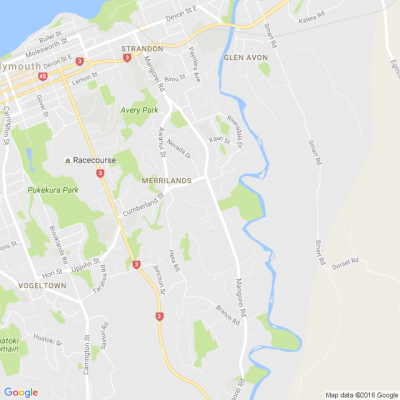
Know what’s happening
Access the private noticeboard for verified neighbours near you. Keep informed about any suspicious activity, send urgent updates to your neighbours when required and discuss emergency planning.
Get to know your neighbours
Browse the directory and start getting to know your neighbours. Don’t want to post to the whole neighbourhood? Send a private message.
Buy, sell and give away
Want to declutter your garage? Buy some used household items? Give away some garden stuff? Become a verified neighbour to browse and post items for sale. Trading is simple when everyone lives nearby.

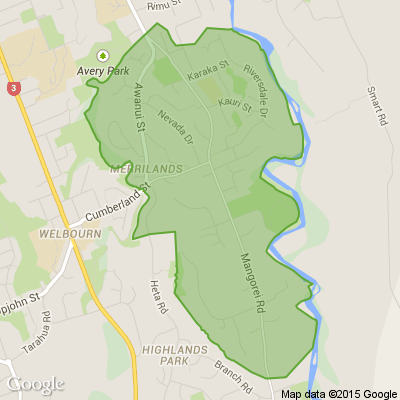
Nearby
Frankleigh Park, Hillsborough - Lepperton, Blagdon - Marfell, New Plymouth Airport, Oakura Coastal, Spotswood, Highlands Park, Brooklands - Vogeltown, Welbourn, Westown, Bell Block, Fitzroy, Glen Avon - Waiwhakaiho, Waitara, Whalers Gate, Inglewood, Lynmouth - Moturoa, New Plymouth, Strandon, HurworthTime to tidy that garage!
Use Neighbourly Market to make a few bucks while you're at it.

Thank you for using Neighbourly
You may receive an email confirmation for any offer you selected. The associated companies will contact you directly to activate your requests.
Tell us about your DIY dad for a chance to win him $1000 worth of Resene paint products!
Plus all entries will be in with a chance to win their DIY Dad one of our fun spot prizes.
Is your dad superb with sandpaper, pristine with a palette knife and perfect with a paintbrush? Or maybe … View moreTell us about your DIY dad for a chance to win him $1000 worth of Resene paint products!
Plus all entries will be in with a chance to win their DIY Dad one of our fun spot prizes.
Is your dad superb with sandpaper, pristine with a palette knife and perfect with a paintbrush? Or maybe he's risky with a roller, mad with masking tape and comedic when cutting in? Either way, we'd like to hear about your DIY dad and why he deserves to win this father's day.
Entries close 6 September 2020. Winner will be notified by email. Prize includes $1000 Resene voucher and other goodies from Resene.
Enter here!

The Team from New Zealander of the Year Award | Ngā Tohu Pou Kōhure o Aotearoa
Hey neighbours,
One week to go! That's 168 hours left to nominate a Local Hero of Taranaki.
We know they're out there - organising events, coaching sport, volunteering for a greater cause, selflessly working towards the greater good of your community.
Celebrate their impact and … View moreHey neighbours,
One week to go! That's 168 hours left to nominate a Local Hero of Taranaki.
We know they're out there - organising events, coaching sport, volunteering for a greater cause, selflessly working towards the greater good of your community.
Celebrate their impact and nominate them before Sunday 30 August.
nzawards.org.nz...

The Team from New Zealander of the Year Award | Ngā Tohu Pou Kōhure o Aotearoa
Hey neighbours,
The clock is ticking! There's just 9 days to nominate Taranaki's Local Hero.
Now's the time to celebrate everyday people doing extraordinary things and show Manawatu that you have more good sorts than them!
Nominate them before Sunday 30 August for Kiwibank New … View moreHey neighbours,
The clock is ticking! There's just 9 days to nominate Taranaki's Local Hero.
Now's the time to celebrate everyday people doing extraordinary things and show Manawatu that you have more good sorts than them!
Nominate them before Sunday 30 August for Kiwibank New Zealand Local Hero of the Year. Who's it going to be Taranaki?

Trevor from Merrilands
We're wanting a person to sell our handmade chocolates and other confectionery throughout Taranaki. This is a rewarding position with flexible hours and every packet sold benefits the Special Olympics. This position would suit if you're looking for:
* a more flexible lifestyle
* … View moreWe're wanting a person to sell our handmade chocolates and other confectionery throughout Taranaki. This is a rewarding position with flexible hours and every packet sold benefits the Special Olympics. This position would suit if you're looking for:
* a more flexible lifestyle
* committed to working 30 hours per week
* fit and active
* have your own reliable vehicle and driver's licence
* comfortable with technology and have a smartphone
* outgoing and friendly
This opportunity is commission based and requires no upfront capital. There is potential for good financial reward for effort.
If interested please contact Cheryl (021) 682 008, Trev (021) 682 001 or email CV to trevandcheryl@xtra.co.nz
Negotiable

The Team from Resene ColorShop New Plymouth
Use colourful wallpaper samples and your favourite Resene colour to update a tired old piece of furniture.
Make the most of this weekend with this easy step by step project idea from Resene.
Find out how to create your own

RetroFit Double Glazing - Hawkes Bay
For those of you who are Westpac customers and want your home double glazed, check out this great Warm up initiative $10K top up - INTEREST FREE! click here to view more info So don't wait, get your free retrofit double glazing quote from us now click here or call us on 0800 658 658. If … View moreFor those of you who are Westpac customers and want your home double glazed, check out this great Warm up initiative $10K top up - INTEREST FREE! click here to view more info So don't wait, get your free retrofit double glazing quote from us now click here or call us on 0800 658 658. If you're not with Westapc, talk to your banks there’s some pretty competitive rates at the moment.

Buy any yellow testpot from your local Resene owned ColorShop between 17-31 August 2020 and Resene will donate $1 to the NZ Cancer Society!
The more yellow testpots you buy, the more will be donated! Offer applies to all retail purchases of Resene yellow testpots (excludes metallics and wood … View moreBuy any yellow testpot from your local Resene owned ColorShop between 17-31 August 2020 and Resene will donate $1 to the NZ Cancer Society!
The more yellow testpots you buy, the more will be donated! Offer applies to all retail purchases of Resene yellow testpots (excludes metallics and wood stains).
Help us make a difference to the health of kiwis.
Shop online or call or visit your Resene ColorShop.
Find your ColorShop
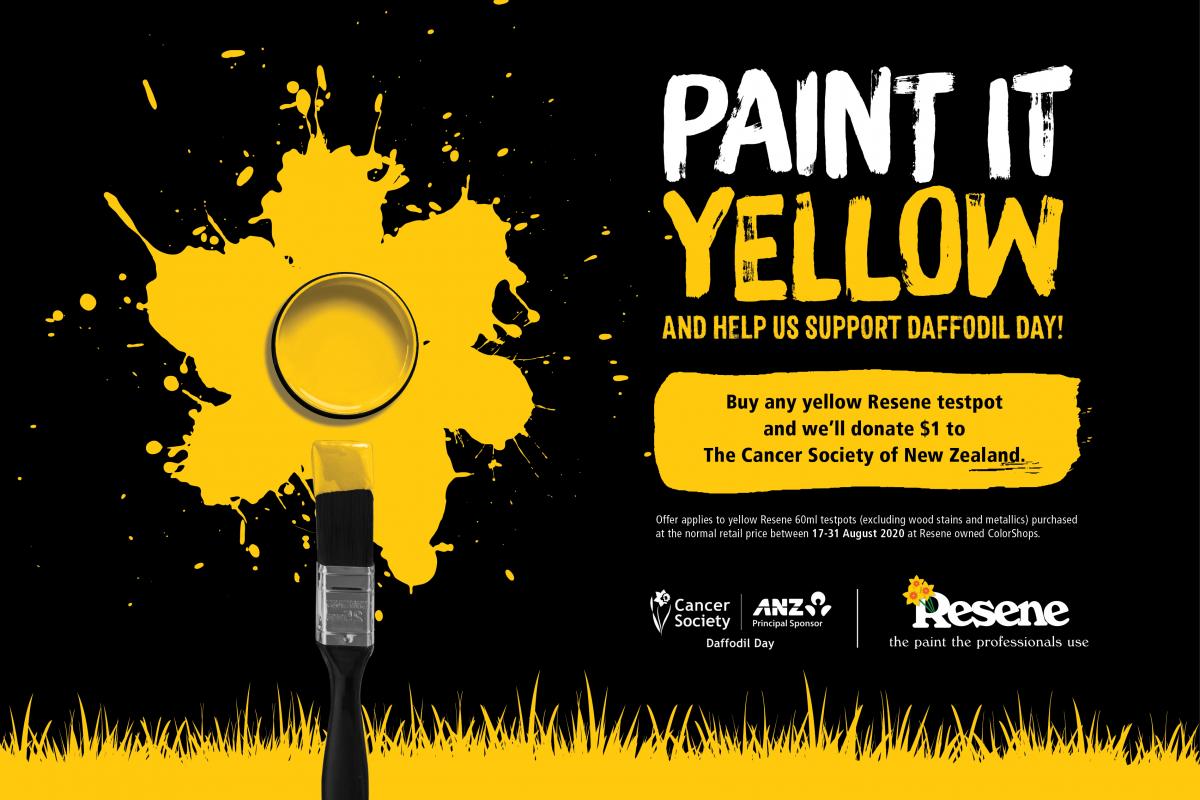
Do you have a Nice Neighbour in your community that has shone through the shadow of this pandemic?
Has someone offered to pick up supplies for you? Maybe your neighbour rang up to have a friendly chat? Any person that's made your community more neighbourly, nominate them on our … View moreDo you have a Nice Neighbour in your community that has shone through the shadow of this pandemic?
Has someone offered to pick up supplies for you? Maybe your neighbour rang up to have a friendly chat? Any person that's made your community more neighbourly, nominate them on our Nice Neighbour page now!
If selected, your nomination will be published in your community paper with you and your nominee each winning a $25 Prezzy® Card!
Nominate Now!

Philippa from Westown
10 x hyline hens for sale, approx 2 years old. In good healthy condition, some laying and the rest should coming back onto lay soon.
Price: $10
Tricia from Westown
Think these are wrought iron. Single mattress and base fit inside runners, King single hangs over the sides. I have had the runners extended so you don't catch your knuckles trying to tuck sheets and blankets in
Price: $80
Jason from Westown
I collect
Dishwashers
Dryers
Washing Machines
Going or not but less than 10 years old
I collect FREE Of charge
text me on 0273734362
I repair or use these for parts and some go to local charitys:)
or imu can drop these items into me in Westown.
Free
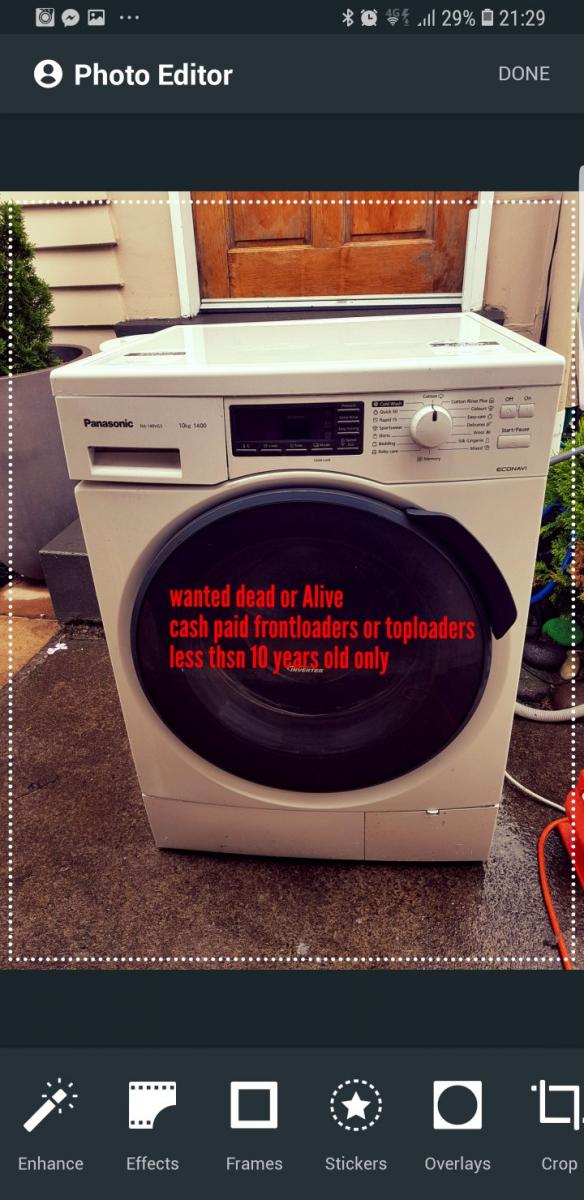
Our buns are made fresh daily at Aryzta’s dedicated bun bakery on Auckland’s North Shore.
We have high standards and our bakers do too, which is why there are multiple quality checks in place at the bakery and only the best looking buns make the cut.
We use less than a teaspoon of sugar… View moreOur buns are made fresh daily at Aryzta’s dedicated bun bakery on Auckland’s North Shore.
We have high standards and our bakers do too, which is why there are multiple quality checks in place at the bakery and only the best looking buns make the cut.
We use less than a teaspoon of sugar in each of the buns which gives them the colour and texture that makes them perfect for burgers.
Find out more

Mikaela Wilkes Reporter from Homed
Hi everyone, I'm Mikaela, a Stuff Homed reporter. A recent episode of Grand Designs UK, about a Paralympian whose marriage broke up during the build of his dream home, got us thinking. What are the best design features/products for a home if you are not fully abled? We'd like to hear from… View moreHi everyone, I'm Mikaela, a Stuff Homed reporter. A recent episode of Grand Designs UK, about a Paralympian whose marriage broke up during the build of his dream home, got us thinking. What are the best design features/products for a home if you are not fully abled? We'd like to hear from people who have adjusted their homes in some way to make life with a disability easier.
If you're happy to share your story and be featured in the article, please email mikaela.wilkes@stuff.co.nz or let us know in the comments below, your message may be used in our story.

Judith (judy) from Westown
I’m looking for someone who could sew 2 covers single armchairs.
I can take photos of them to send to anyone interested.
Ph 0212512248
 Loading…
Loading…
Are you sure? Deleting this message permanently removes it from the Neighbourly website.
 Loading…
Loading…

 Buyers $749,000+
Buyers $749,000+



 Marketed by Grace Barlow
Marketed by Grace Barlow
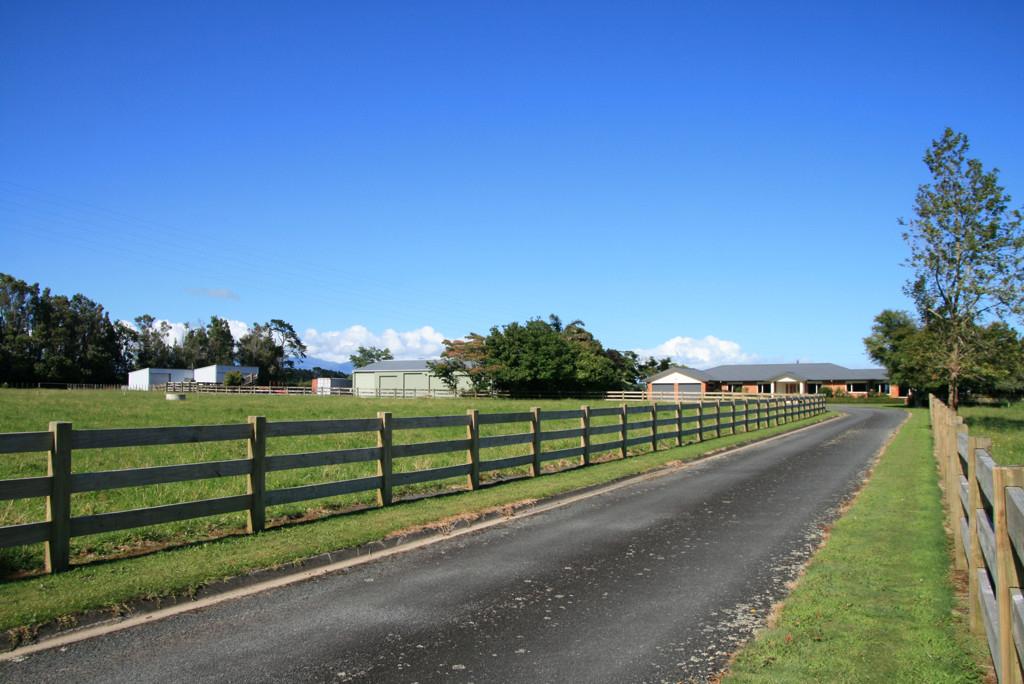
 Buyer Enquiry Over $2,100,000
Buyer Enquiry Over $2,100,000



 Marketed by Owen Mills
Marketed by Owen Mills
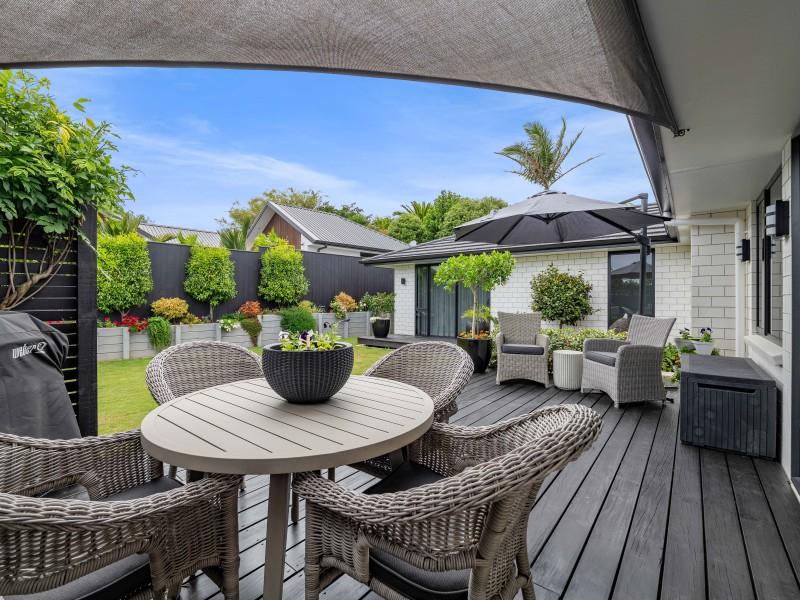
 Buyers $995,000+
Buyers $995,000+



 Marketed by Grace Barlow
Marketed by Grace Barlow
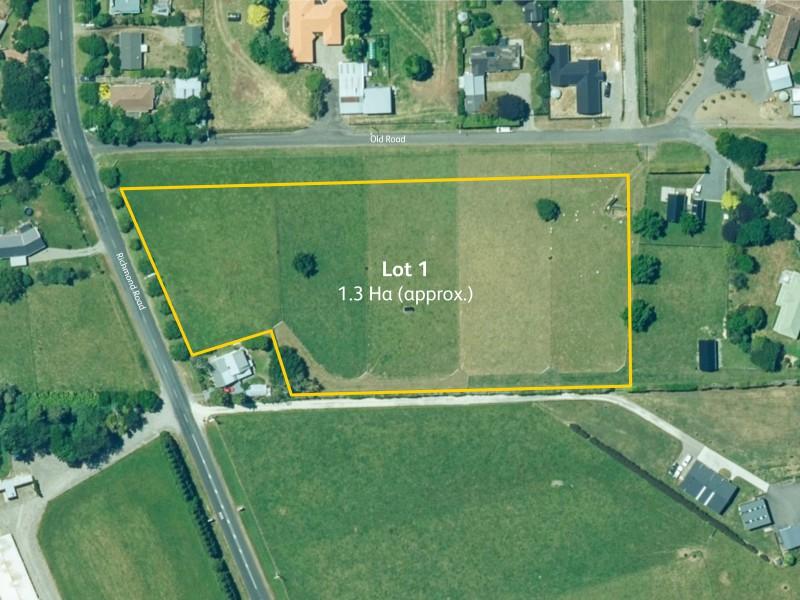
 Deadline Sale
Deadline Sale

 Marketed by Grace Barlow
Marketed by Grace Barlow
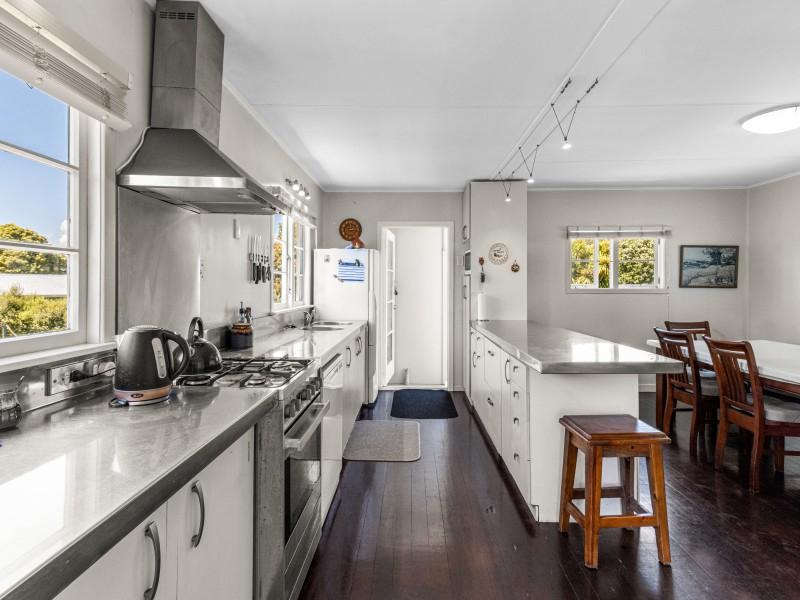
 Deadline Sale
Deadline Sale



 Marketed by Shankar Nautiyal
Marketed by Shankar Nautiyal

 Buyers $1,300,000+
Buyers $1,300,000+



 Marketed by Beau Burmester
Marketed by Beau Burmester
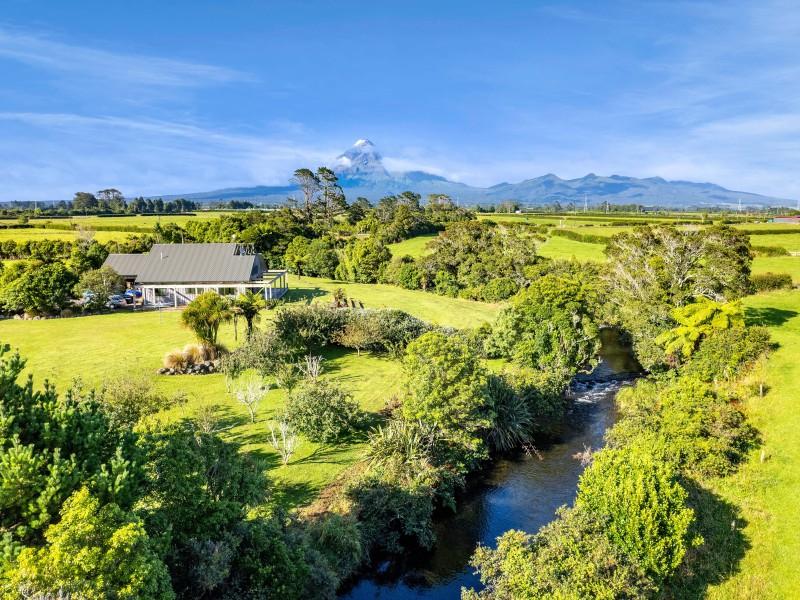
 Auction
Auction



 Marketed by Greg O'Byrne
Marketed by Greg O'Byrne

 Deadline Sale (Unless Sold Prior)
Deadline Sale (Unless Sold Prior)



 Marketed by Owen Mills
Marketed by Owen Mills

 $1,035,000
$1,035,000


 Marketed by Dallas Green
Marketed by Dallas Green
© Neighbourly 2026
